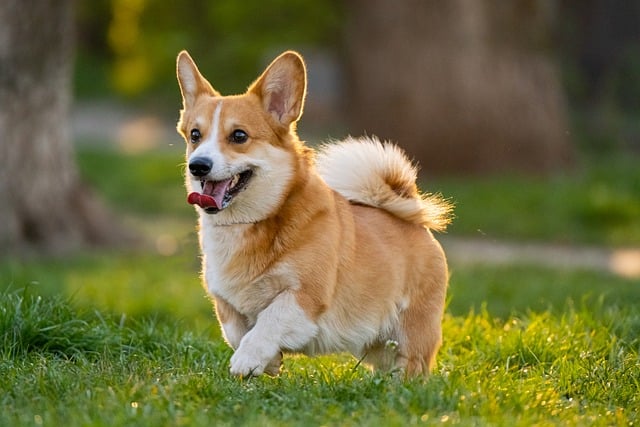
How can I tell if my dog's heatstroke is serious
Let’s be real: It’s a sticky August morning in Los Angeles, and you took your 2-year-old Golden Retriever, Max, for a walk a little later than usual
Dogs hiding food instead of eating it isn’t just a quirky habit—there’s often a story behind those buried kibbles or stashed treats. Walk through any neighborhood in Portland, and you might spot a golden retriever nudging a biscuit under a bush, or a terrier tucking kibble into the couch cushions. It’s a behavior as old as domestication, but that doesn’t mean it’s always harmless.
In many European countries, like Germany, pet owners are legally required to ensure their dogs receive adequate nutrition. If your dog consistently hides food and skips meals, it could raise red flags with local authorities, especially if veterinary checks reveal health issues linked to poor diet. It’s not about punishment; these laws exist to protect animals from neglect.
Biology plays a big role here. Wolves, dogs’ ancestors, hid excess food to survive lean times. Your pup might be channeling that instinct, even if their bowl is always full. A labrador in rural France might bury a bone after a big meal, just as their wild cousins would. It’s less about hunger and more about hardwired behavior.
 Stress can also trigger this habit. Moving to a new home, adding a new pet, or even loud construction nearby can make dogs feel insecure. In cities like London, where noise and crowds are common, some dogs hide food as a way to control their environment. They’re creating a “safe stash” in an unpredictable world.
Stress can also trigger this habit. Moving to a new home, adding a new pet, or even loud construction nearby can make dogs feel insecure. In cities like London, where noise and crowds are common, some dogs hide food as a way to control their environment. They’re creating a “safe stash” in an unpredictable world.
Diet matters too. If your dog suddenly starts hiding their usual food, they might be trying to tell you something. Maybe the kibble is too hard, or the flavor has changed. In Sweden, where pet food regulations are strict, many owners find switching to a different texture—like wet food or freeze-dried treats—can encourage eating.
What should you do? Start by consulting a vet to rule out health issues, from dental pain to digestive problems. In the U.S., most states require regular veterinary care, and this check-up keeps you compliant with local laws. Then, try feeding smaller portions more often—this reduces the urge to “store” excess food.
Make mealtime calm and consistent. Feed your dog in the same spot at the same time daily, away from distractions. In Italy, where family meals are sacred, many owners set up a quiet corner for their dogs to eat without interruptions. This routine can ease anxiety and reduce hiding behavior.
Remember, a little hiding is normal. But if it becomes excessive, or if your dog stops eating entirely, it’s time to act. Not only for their health but also to stay on the right side of laws that protect our furry companions. After all, a well-fed, happy dog is part of being a responsible pet owner—no matter where you live.

Let’s be real: It’s a sticky August morning in Los Angeles, and you took your 2-year-old Golden Retriever, Max, for a walk a little later than usual

You're enjoying a summer afternoon at the park when you notice your dog has stopped panting and appears disoriented - their gums are bright red

Let’s paint the picture: You’re in your Denver apartment, watching your 4-year-old Boston Terrier, Ruby, plop down mid-play session with her favorite toy

Many dog owners notice their pets nails seem shorter after regular walks,but how much does this daily activity actually help?The answer depends on where you walk—concrete sidewalks or asphalt streets gently file nails as a dog's paws hit the ground

Most dog owners notice their pup scooting across the carpet at some point, but few connect it to impacted anal glands. These small sacs near a dog’s rectum secrete a scent for marking territory

Most vets agree that regular dog teeth cleaning is key to avoiding painful dental issues later. For healthy adult dogs, a professional cleaning at the vet’s office every 12 to 18 months usually works well.